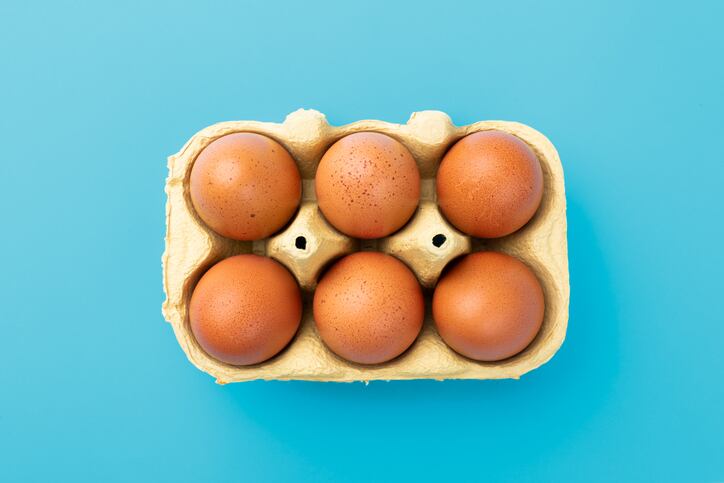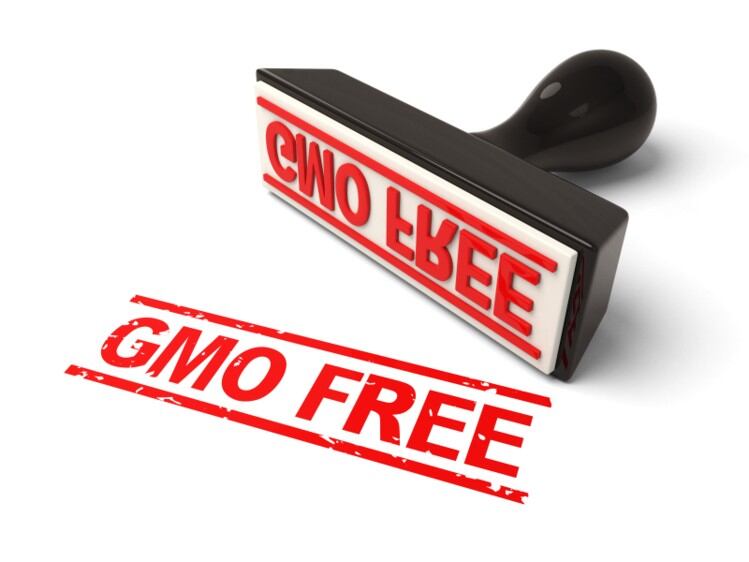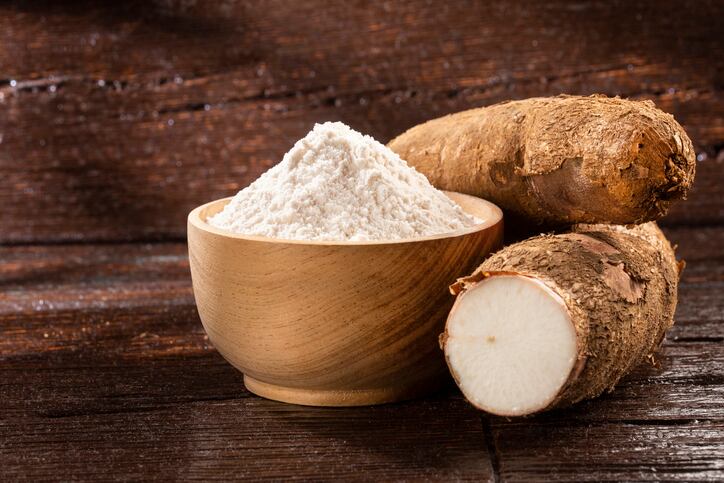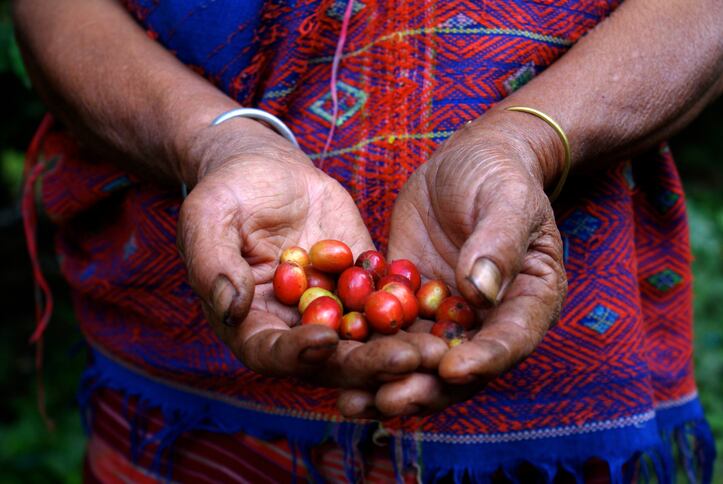Starting out with 30,000 chickens on a rented farm in Matto Grosso in the 1980s, Mantiqueira today counts 11.5 million chickens in four sites across Brazil and claims to be South America’s biggest egg producer.
The company is also notable for its diverse range of premium eggs.
“We are always following new tendencies and new consumption habits that have been growing in the market. In our portfolio, we don't treat eggs like commodities, and that's why we have developed special egg lines,” said Amanda Pinto, head of marketing and innovation.
In February this year, for instance, the company launched its Egg Club (Clube do Ovo), an e-commerce delivery service for consumers in Rio de Janeiro with four different subscription options. After researching the market, it identified “excellent public acceptance” towards the idea of a home delivery service specifically for eggs, said Pinto.
“For this reason, we decided to offer a way for [people] looking for more practical solutions on a day-to-day basis so he or she won´t need to worry about needing to go out and buy more product," Pinto added.
Eggs for everyone

While the premium products in other egg producers' portfolios might be limited to free-range, Mantiqueira's added-value eggs are tailored to different consumer needs.
Its most recent product launch was N.Ovo, a plant-based egg substitute made with pea protein, pea starch, and flaxseed for Brazil's growing vegetarian and flexitarian consumers. (The product is available in powder form for use in baking but the R&D team is currently trying to develop a plant-based egg alternative that could be scrambled or fried.)
It also has a gourmet egg range, with a dark yellow yolk, for use in gastronomic applications or to make colorful foods, while its fortified eggs, enriched with omega-3, selenium and vitamin E thanks to the chicken feed, are aimed at health-conscious consumers, it says.
Meanwhile, for every pack sold from its ‘Eggs of the Heart’ range, Mantiqueira donates 10% to a charitable cause, such as Pro Criança Cardíaca, a non-profit medical institution that helps children from underprivileged backgrounds with heart problems and the São Paulo-based the Hospital do Câncer de Barretos, which works to treat and prevent cancer.
Animal welfare
In 2017, the company introduced a cage-free production system in its Paraíba do Sul unit. Free-range eggs only account for 5% of its total production although it plans to expand cage-free systems to other farms.
The hens are raised in sheds with nests and perches with the freedom to move around and are aligned with standards defined by the World Organization for Animal Health (OIE). The eggs they lay, marketed as ‘Happy Eggs’, bear the Certified Humane Brazil logo.
“Mantiqueira Group started to produce the cage-free system in 2017, as it has always followed the new world´s tendencies in the market that operates,” said Pinto. “The president of Mantiqueira, Leandro Pinto, already visited a Whole Foods farm, a reference in sustainable production, in 2012 in order to enable the project in Brazil.
According to Pinto, animal welfare and free-range eggs an increasingly important issues for Brazilians, particularly among the Millennial generation.
Towards a cage-free Latin America?
Although keeping hens in battery cages has been banned in regions such as the European Union, they remain prevalent in Latin America.
However, 2018 was a significant year for making cage-free pledges, according to Humane Society International, with commitments from major players in the region’s biggest economies.
In Brazil, supermarket giant Carrefour announced a cage-free policy, making it the first supermarket chain in the country to commit to only selling cage-free eggs, while manufacturers such as Bauduco, Panco, and Casa Suíca promised to stop using battery cage eggs in their products.
In Mexico, Le Pain Quotidien, Grupo Fiesta Foods and Mr. Sushi promised to go cage-free.
In Colombia, eight food companies announced cage-free egg policies, including the manufacturer Colombina, Mesofoods and restaurant chain Crepes & Waffles.
In Argentina, Havanna, one of the largest coffee and baked good chains in Latin America, became the first company in Argentina to commit to going cage-free.
Source: Humane Society International




